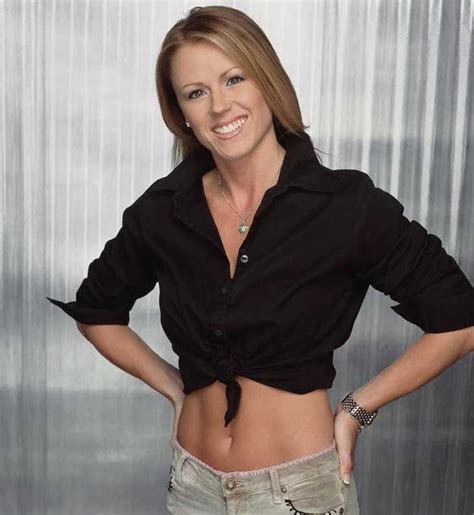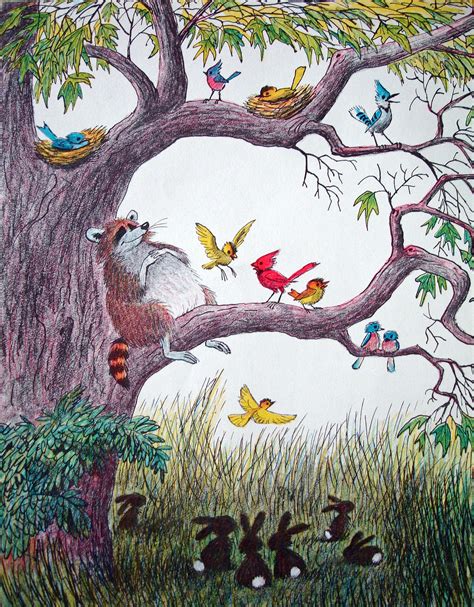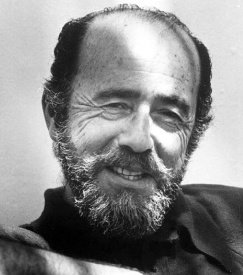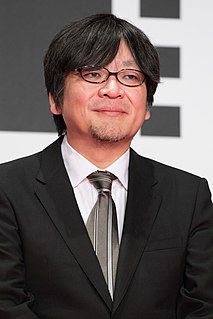A Quote by Trista Sutter
I'm also very hopeful to continue my literary journey into the realm of children's books. To be able to read my kids a children's book that was inspired by them would be everything!
Related Quotes
Kids not only need to read a lot but they need lots of books they can read right at their fingertips.They also need access to books that entice them, attract them to reading. Schools...can make it easy and unrisky for children to take books home for the evening or weekend by worrying less about losing books to children and more about losing children to illiteracy.
I am an author-illustrator of children's books - and yet - I must confess I don't do the books for the kids. When I'm working on a book I'm somewhere else - at the circus - or a rustic old farm - or deep in a forest - with no thought of who might read the book or what age group it would appeal to. I write them so I can illustrate them.
Attention spans are changing. It's very noticeable. I am very aware that the kind of books I read in my childhood kids now won't be able to read. I was reading Kipling and PG Wodehouse and Shakespeare at the age of 11. The kind of description and detail I read I would not put in my books. I don't know how much you can fight that because you want children to read. So I pack in excitement and plot and illustrations and have a cliffhanger every chapter. Charles Dickens was doing cliffhangers way back when. But even with all the excitement you have to make children care about the characters.
If we are always reading aloud something that is more difficult than children can read themselves then when they come to that book later, or books like that, they will be able to read them - which is why even a fifth grade teacher, even a tenth grade teacher, should still be reading to children aloud. There is always something that is too intractable for kids to read on their own.
He would talk to them of stories and books, and explain to them how stories wanted to be told and books wanted to be read, and how everything that they ever needed to know about life and the land of which he wrote, or about any land or realm that they could imagine, was contained in books. And some of the children understood, and some did not.
I don't change the language for children books. I don't make the language simpler. I use words that they might have to look up in the dictionary. The books are shorter, but there's just not that much difference other than that to be honest. And the funny thing is, I have adult writer friends [to whom I would say], "Would you think of writing a children's book?" and they go, "No, God, I wouldn't know how." They're quite intimidated by the concept of it. And when I say to children's books writers, would they write an adult book, they say no because they think they're too good for it.
I like reading books about kids where there weren't really many adults, where they didn't need an adult to come and solve the problems for them. They could use their own ingenuity, use their own talents to solve whatever the issue was. And I like that still. I think that children want to read about heroic children. They don't want to read about children that have to be saved all the time.


































